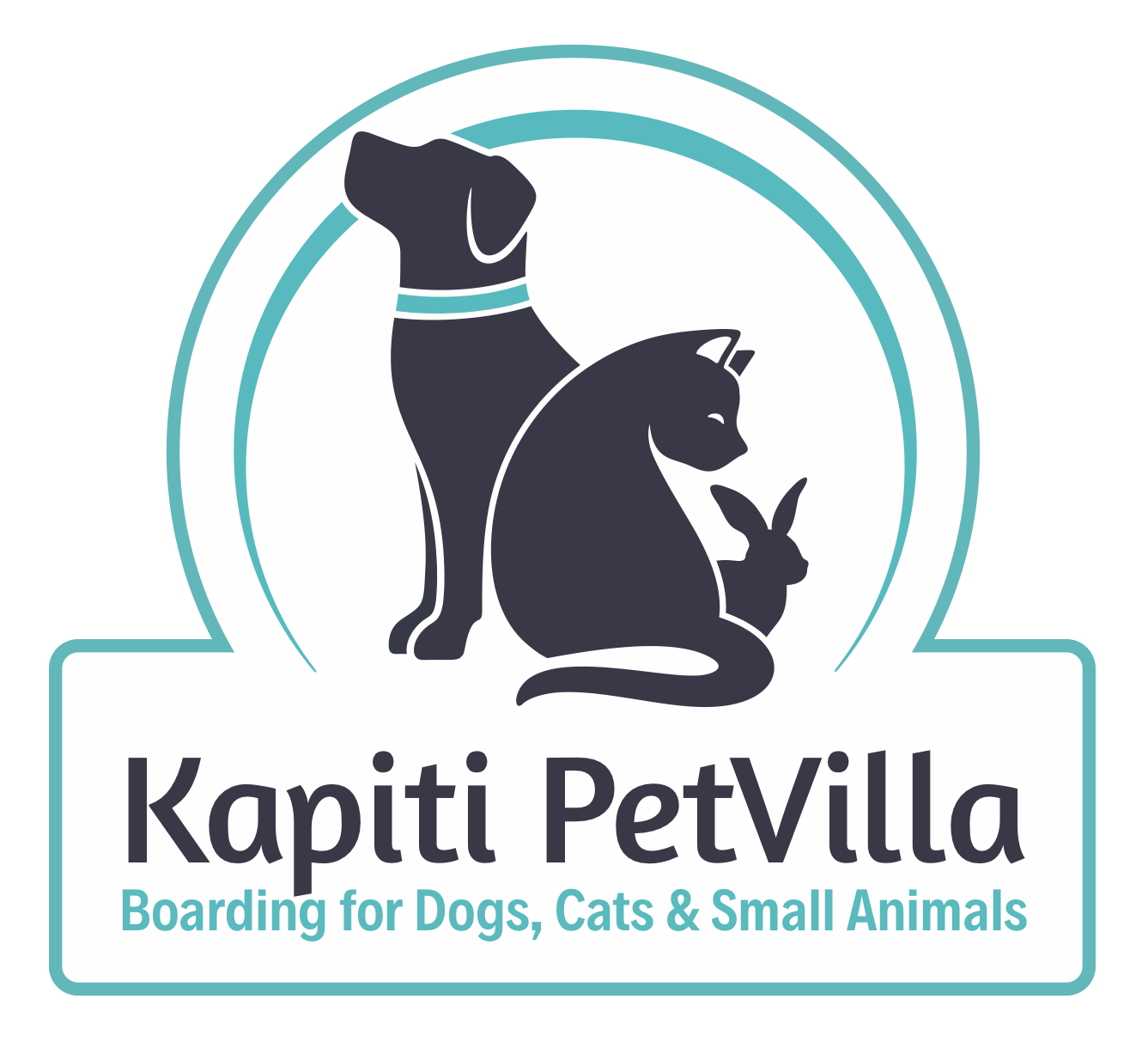How we work with anxious and nervous dogs
Dogs, like humans, can exhibit behaviours such as fear, anxiety, or nervousness, particularly in unfamiliar settings or with new individuals. Pet boarding accomendation can be especially challenging for some canines due to these factors.
Depending on a dog’s personality, certain types of dog accommodation can be more suited than others. For instance, an energetic dog might thrive in a kennel setting with a large play area shared by many dogs like Waglands. In contrast, an anxious dog might feel overwhelmed and return home stressed, perhaps even exhibiting physical signs like diarrhea. Such dogs often fare better in our more tranquil settings like ours. Notably, separation from their owners isn’t always the root of a dog’s anxiety. In cases where our facility isn’t the right fit, seeking a pet sitter might be a better solution. Likewise, dogs that are particularly attached to humans can benefit from our Dog Studio or a Home Boarding environment. It is important to know and understand your dog to find the best solution.
For new dogs booked for more than seven days, we suggest a 2- or 3-day trial stay to assess compatibility. This practice, detailed in our FAQ, allows dogs ample time—typically 24-36 hours—to adjust. Trial stays are subject to availibility and that is usually more likely during weekdays. As well the Owner should be reachable during the Trial Stay, in case of an early pickup.
At night time, our canine guests sleep in a cosy bedroom in our main house equipped with crates for each dog, flooring, a radio, and a heat pump, and this room is in close proximity to the master bedroom. This allows us to address any nocturnal disturbances like barking or whining promptly.
It’s noteworthy that we strive to keep their routine similar to what they’re accustomed to at home. To comfort anxious dogs, we employ various methods such as talk radio, dog-calming music, teddy bears with simulated human heartbeats, engaging toys, and more. If challenges arise, we communicate our observations to the pet owner and offer recommendations. This could range from suggesting crate training or consulting a dog behaviourist to proposing alternative another kind of Facility like Home Boarding or Kennels like Waglands (which sadly does not offer Boarding anymore) or Paw Palace when it suits better.
It’s worth noting that dogs, like their human counterparts, can undergo behavioural changes due to age, health conditions, or traumatic experiences. For returnees, especially those who haven’t boarded with us in a very long time or those with a shorter initial stay, maybe the Owner should consider another trial period or leave an Emergency Contact as alternative.
It’s essential to recognise that continuous barking is often a sign of a distressed or agitated dog and can stress other dogs in our care, Addressing such behaviours proactively through training or consulting with a behaviourist is crucial. While we don’t offer training services directly, we’re more than willing to provide referrals and will always prioritise the well-being of every pet in our care.
We want to ensure a low-stress ambience for our canine guests and also comply with our Resource Consent. Being located in a Rural/Lifestyle Area, we’re obligated to adhere to Nuisance Regulations. In collaboration with the Council, we’ve established a Noise Management Plan, which entails addressing prolonged barking, including the named measures, and, in extreme cases, reaching out to the pet owner or an emergency contact for urgent pick-up or discussing future boarding possibilities. That happened very rarely, especially thanks to trial stays and to learn what the dog need to be happy and stay without stress.









